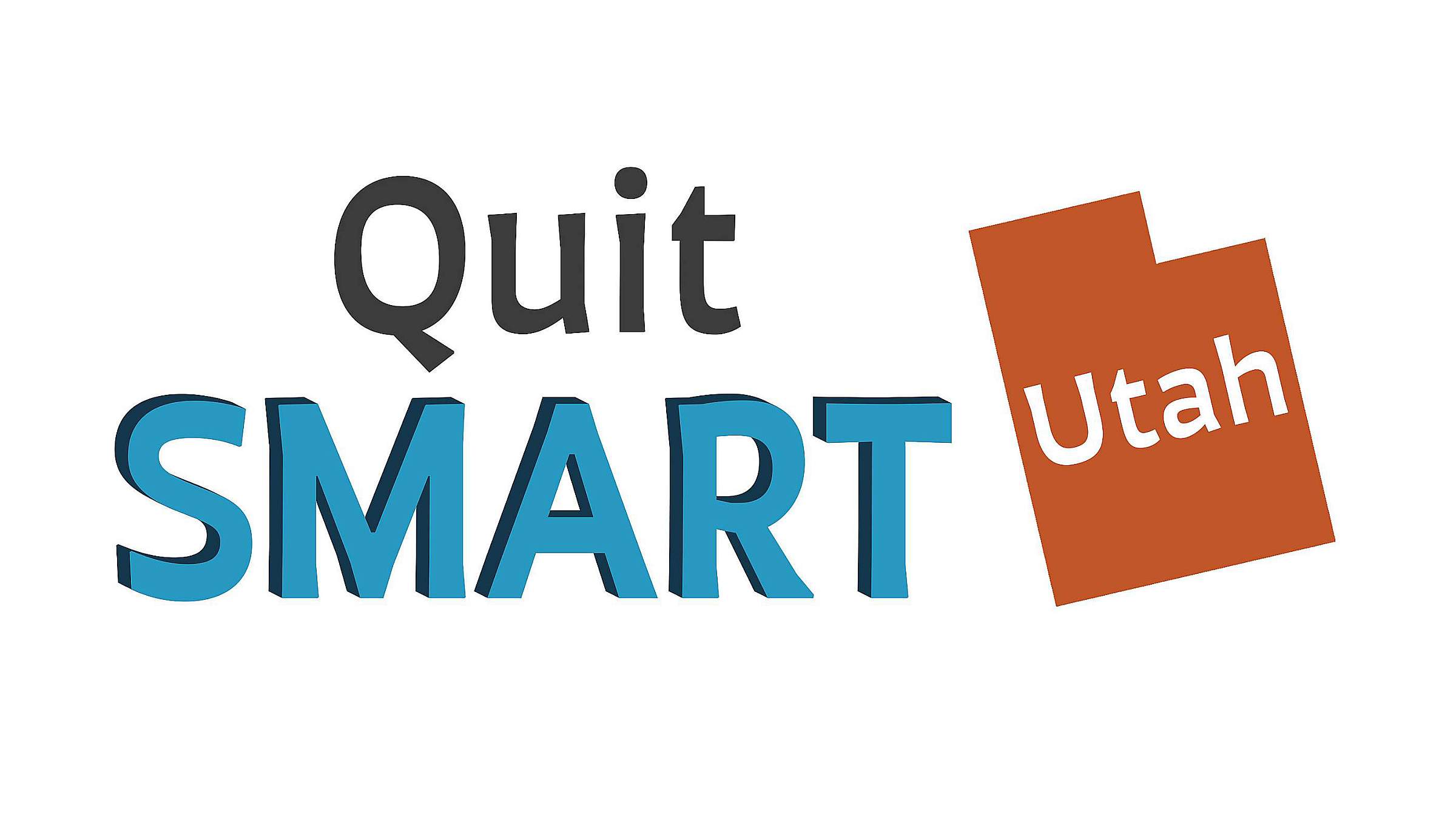
Center for HOPE Research

Center for HOPE Research
Primary Research Foci
Our research involves looking at three main areas:
- Improved health for all people with cancer
- Implementation and dissemination of evidence-based interventions for cancer prevention and control
- Behavioral interventions to reduce cancer risk (e.g., tobacco cessation, HPV vaccination)
mHealth

Affective Science: The Smoking Study
The purpose of this study is to investigate the influence of factors on stress and smoking relapse in adults. This study will enroll 300 individuals who are current smokers interested in quitting. The study will investigate the associations of distinct positive and negative emotions, context, self-regulatory capacity, and smoking lapse among smokers attempting to quit. Participants will be using smart-phones to collect real-time data during the course of the study.
Collaborators: University of Michigan, University of Memphis, Georgia Tech
Project Break Free
The Break Free Smoking Study is a collaborative study between the University of Utah and Rice University (PI: Chris Fagundes, PhD), currently enrolling participants in Houston, Texas. This longitudinal cohort study will examine the influence of biobehavioral/psychosocial predispositions, contextual and environmental influences, and acute momentary precipitants on smoking lapse and abstinence among smokers attempting to quit.
Collaborators: Rice University, University of Memphis, Georgia Tech, Ohio State
MARS: Mobile Assistance for Regulating Smoking
This study is a collaborative effort between the University of Utah and the University of Michigan. The aims are to identify states of vulnerability for lapse, states of receptivity for engaging in self-regulatory activities and investigate approaches to capitalize on states of vulnerability and receptivity to deliver real-time self-regulation prompts. Self-reported and sensor-based measures will be used to identify empirically-based and theoretically-grounded features across multiple time scales that are most predictive of lapse and engagement, and whether, what type, and under what conditions (e.g., current state of vulnerability and/or receptivity) a prompt to engage the individual in self-regulatory activities increases engagement, hence reduces vulnerability.
Implementation Science

Grand Challenges
The goal of Grand Challenges is to increase the Reach of evidence-based tobacco cessation treatment (delivered via the Utah Tobacco Quit Line) among patients seen at Intermountain Healthcare clinics. The project is co-led by Drs. David Wetter (University of Utah) and Clarke Low (Intermountain Healthcare) and is conducted in partnership with 113 Intermountain Healthcare. The project uses Ask – Advise – Connect (AAC), an Electronic Health Record (EHR) based intervention, to make it easier for clinic practice team members to ask all patients about tobacco use, advise patients who use tobacco to quit, and connect interested patients directly to the Utah Tobacco Quit Line.
Collaborators: Intermountain Healthcare, Utah Department of Health and Human Services
Funded by: Huntsman Cancer Institute and Intermountain Healthcare
Quit SMART Utah
The study aims are to evaluate clinic and patient level interventions with respect to increasing the Reach of evidence-based treatment for tobacco use (delivered via the Utah Tobacco Quitline), clinic and patient level interventions with respect to increasing the Impact of Utah Tobacco Quitline treatment and characteristics of both clinics and patients that may influence smoking outcomes. This study empirically addresses national policy and research priorities related to tobacco control and health. Using a rigorous and innovative study design, the proposed project will evaluate practical, nationally scalable, multi-level interventions to directly address strategic national priorities for reducing tobacco use.
Collaborators: Association for Utah Community Health (AUCH), Utah Department of Health, Utah Community Health Centers
Logo designed by Elijah Rigby, Academy for Math, Engineering & Science High School Class of 2023.
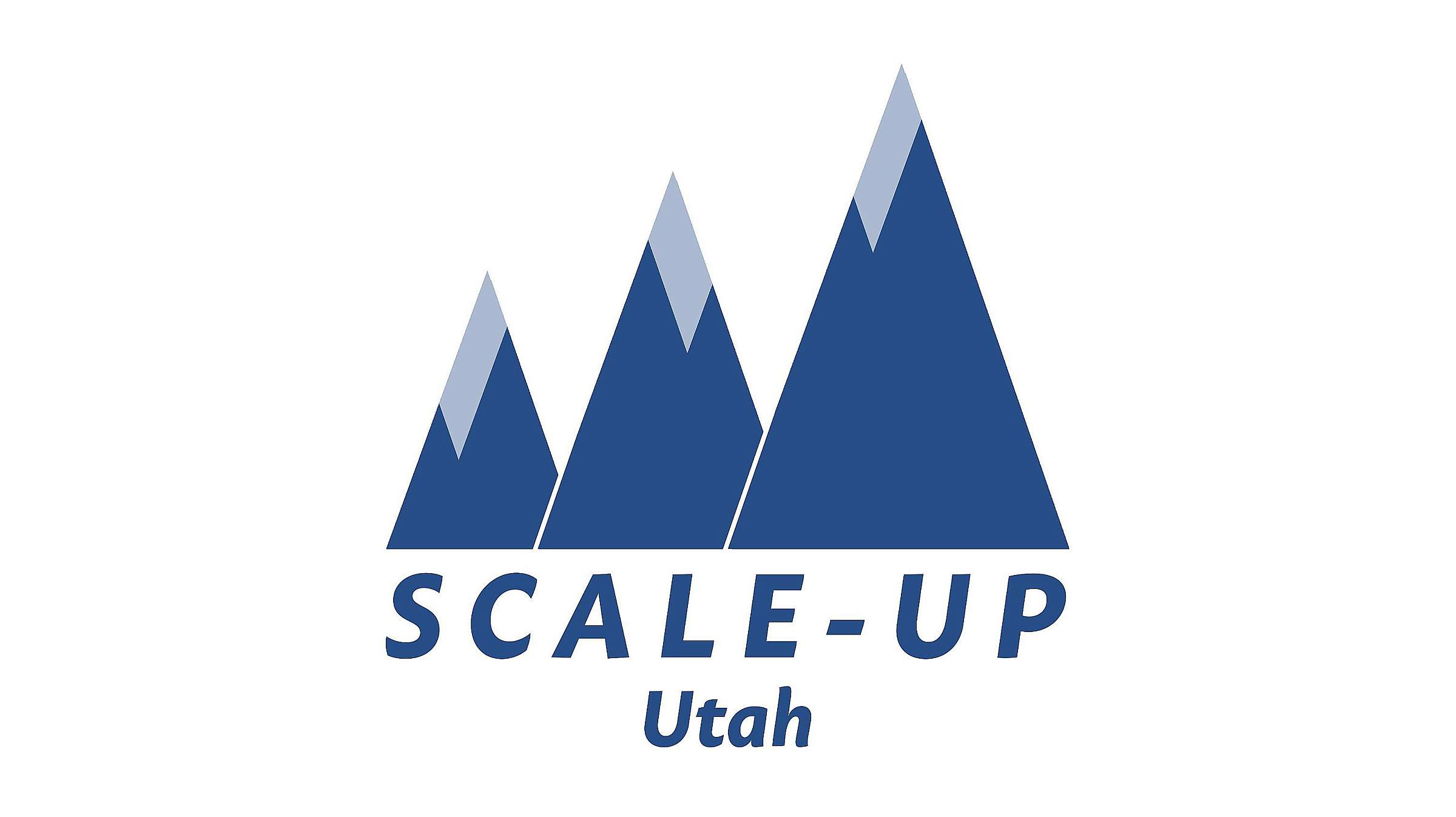
SCALE-UP Utah
SCALE-UP Utah is a state-wide, multilevel intervention study conducted among 12 community health center (CHC) systems and 39 clinics across Utah. The long-term objective of SCALE-UP Utah is to increase the reach, uptake, and sustainability of COVID-19 screening and testing among all populations. This study uses a combination of clinic and population health management interventions to proactively reach CHC patients at high risk for either infection or severe disease, with the ultimate goal of decreasing the negative health consequences of the COVID-19 pandemic.
Collaborators: Association for Utah Community Health, Utah Department of Health, Community Health Centers
Funded by: National Institutes of Health
Logo designed by Elijah Rigby, Academy for Math, Engineering & Science High School Class of 2023.
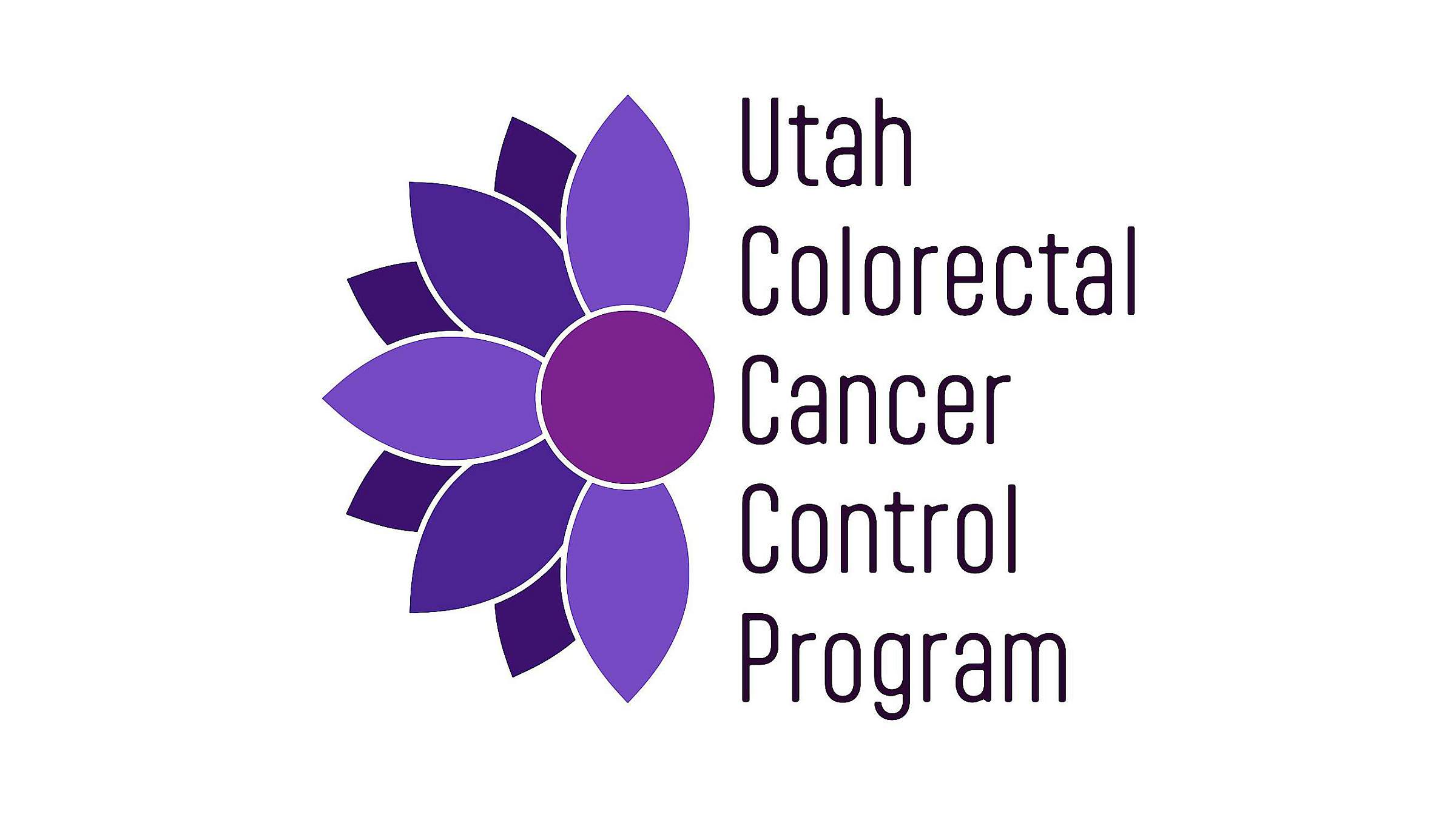
CDC Colorectal Cancer Control Program
The objective of this project is to increase colorectal cancer (CRC) screening rates among Community Health Center (CHC) patients and reduce CRC-related morbidity and mortality among the Utah CHC patient population. The project will collaborate with CHCs across Utah to implement three evidence-based interventions (i.e., provider reminders, provider assessment and feedback, and patient navigation) to increase CRC screening. The project is funded through a cooperative agreement from the Centers for Disease Control and Prevention and is being conducted in partnership with the Association for Utah Community Health, the Utah Department of Health, and CHCs across the entire state.
Collaborators: Association for Utah Community Health, Utah Department of Health, Community Health Centers
Logo designed by Elijah Rigby, Academy for Math, Engineering & Science High School Class of 2023.
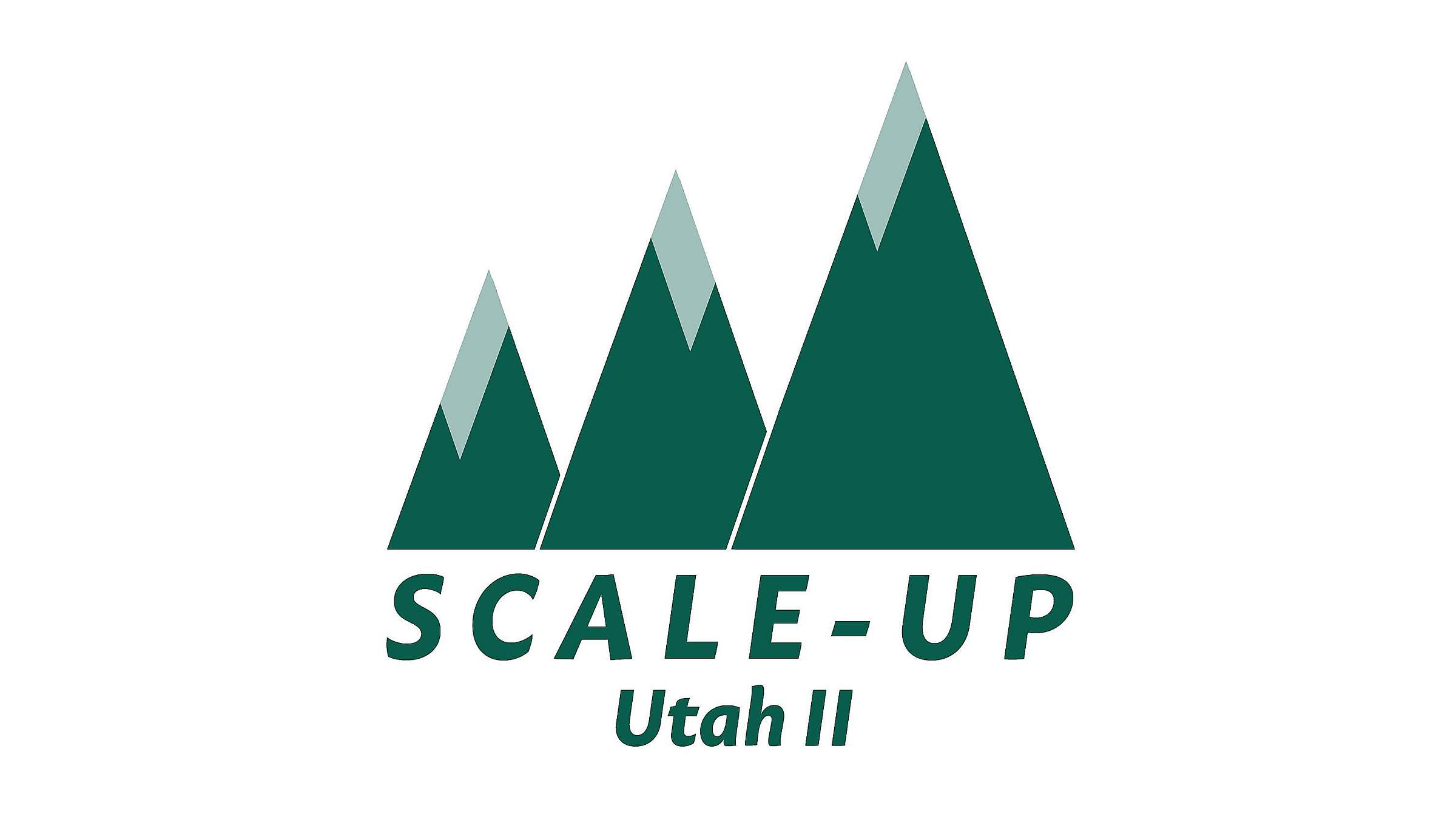
SCALE-UP Utah II
The long-term objective of SCALE UP II is to increase access to COVID-19 testing and vaccination among community health center patients. SCALE-UP Utah II is a progression of SCALE UP Utah I. SCALE UP II will leverage the technological infrastructure, findings, and relationships built throughout SCALE UP I while adding innovative population health management (PHM) solutions, such as chat bots. This study will investigate the uptake of various PHM interventions at the interplay between COVID-19 testing and vaccination. SCALE UP II is designed to provide accessible, long-term engagement solutions for an endemic COVID world.
Collaborators: Association for Utah Community Health, Utah Department of Health, Community Health Centers.
Funded by: National Institutes of Health
Logo designed by Elijah Rigby, Academy for Math, Engineering & Science High School Class of 2023.
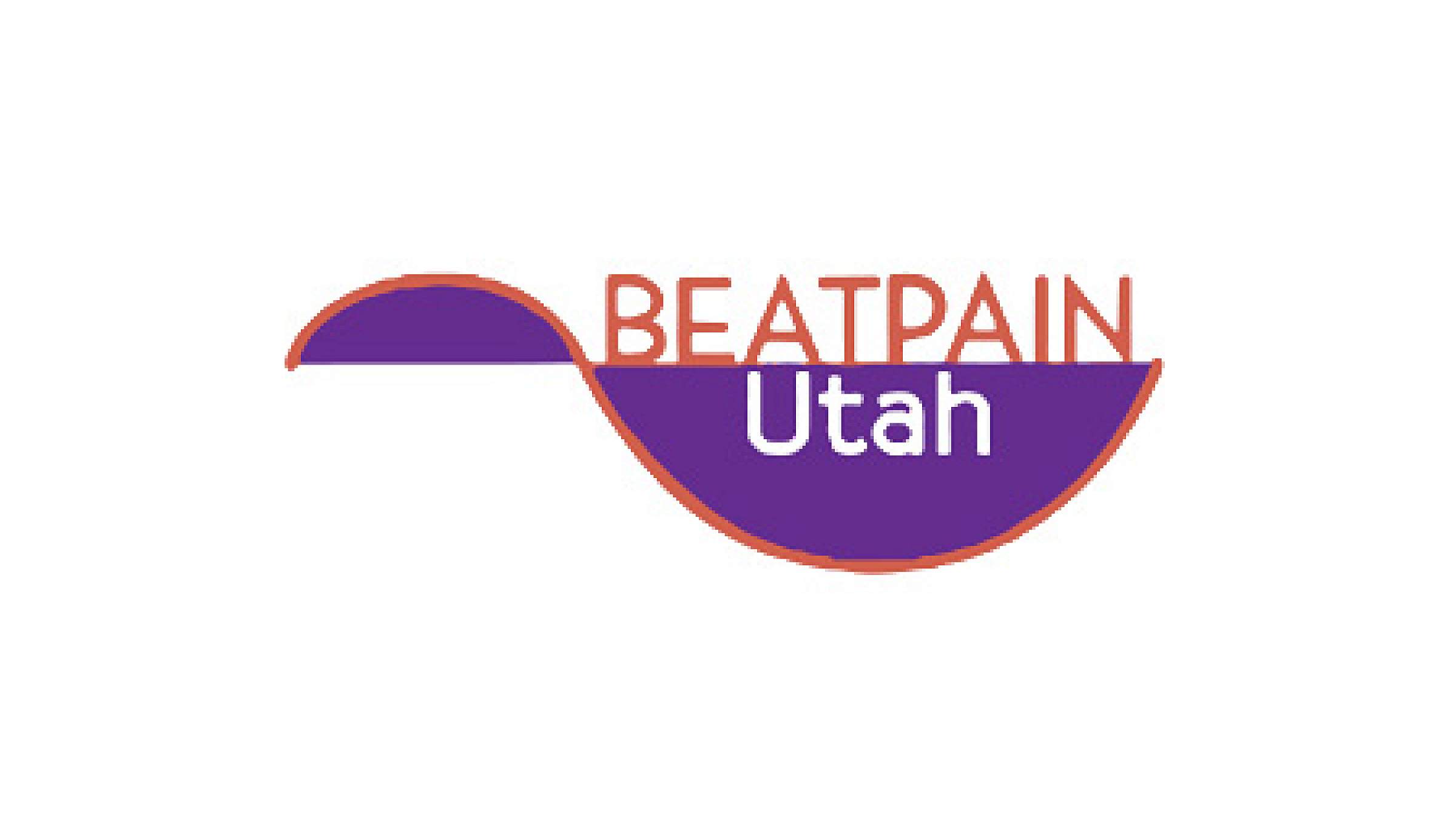
Beat Pain Utah
The purpose of the Beat Pain Utah study is to investigate the impact of providing telehealth options for nonpharmacologic pain care to patients with chronic back pain receiving care in Federally-Qualified Health Centers in Utah. The study is using an EHR-based process to help clinicians identify patients and electronically refer them for pain telehealth services. Patients who connect to the service and enroll in the BEAT PAIN clinical trial are randomly assigned to receive an adaptive intervention using a brief telehealth consult followed by a more intensive telehealth physical therapy for persons who do not respond sufficiently versus a strategy of providing the telehealth physical therapy with no adaptive component. The Beat Pain project evaluates potentially scalable strategies to overcome barriers and provide nonpharmacologic options for pain management.
Collaborators: Association for Utah Community Health, Utah Community Health Centers
Funder: National Institutes of Health
SCALE UP Counts
SCALE UP Counts is an intervention study that addresses key COVID-19 testing challenges in schools. The long-term goals of SCALE UP Counts is to reduce missed school and work days while increasing the rate of COVID-19 testing. This study uses information technology and health navigator interventions to help ensure that school staff, students and parents are screened for COVID-19 when applicable, receive testing resources, and address motivation for and barriers to testing.
Collaborators: Huntsman Cancer Institute, University of Utah, Utah Department of Health, Granite School District
Funded by: National Institutes of Health
Project site: The Wu Team
REI-UT
The long-term objective of this program of research is to increase the reach of existing evidence-based interventions to address commercial tobacco use via the Utah Tobacco and Nicotine Quit Services (Quit Services). The project uses clinic- and patient-level interventions in partnership with Utah’s Community Health Centers, including interactive text messaging, chatbots, and patient navigation from Community Health Workers to assist patients in connecting to Quit Services or social driver resources.
Collaborators: Association for Utah Community Health (AUCH), and Community Health Centers in Utah.
Funded by: The National Cancer Institute as part of HOPE and CAIRHE 2gether (HC2).
SMARTLife Utah
The long-term objective of SMARTLife Utah is increase Reach of evidence-based lifestyle behavior change programs among Community Health Center patients. The study uses an electronic health record (EHR) intervention as well as text messaging and phone-based health coaching to increase CHC patient opportunity, motivation, and capability to enroll in online, evidence-based interventions for lifestyle behavior change.
Collaborators: Association for Utah Community Health (AUCH), and Community Health Centers in Utah.
Funded by: The National Cancer Institute
LungSMART Utah
The goal of LungSMART Utah is to increase the reach of lung cancer screening (LCS) at scale among Community Health Centers (CHCs). LungSMART will test strategies to access LCS eligibility via digital tools, offer access to, and facilitate shared decision making (SDM), and enhance LCS completion.
Collaborators: Association for Utah Community Health (AUCH), and Community Health Centers in Utah.
Funded by: The National Cancer Institute and in December 2024, was welcomed to the NIH Pragmatic Trials Collaboratory’s portfolio of innovative NIH Collaboratory Trials.
LUNG-IS
The goal of LUNG-IS is to increase the reach of lung cancer screening (LCS) among all populations. LUNG-IS leverages existing pathways developed for LungSMART Utah to care and centralized hub infrastructure that enables eligibility assessment, shared decision making, and LCS completion.
LUNG-IS will also implement strategies to help reduce the burden of LCS-related costs, such as connecting patients to Huntsman Cancer Institute’s cancer screening voucher program and providing transportation support to and from the LCS appointment.
Funded by: The Centers for Disease Control and Prevention Cancer Prevention and Control Research Network.
Past Projects
HPV Geographic Project
This project is focused on increasing HPV vaccination rates for adolescents. The states included in this work are Idaho, Montana, Nevada, Utah, and Wyoming. The American Cancer Society, the Center for HOPE, and the Biomedical Informatics team at University of Utah Health are partnering together on this project. We will leverage health information technology, Project ECHO, and a regional consortium to disseminate evidence-based interventions and best practices related to HPV vaccination.
Collaborators: Idaho, Montana, Nevada, Utah, and Wyoming Comprehensive Cancer Control Programs, primary care associations, and immunization registries
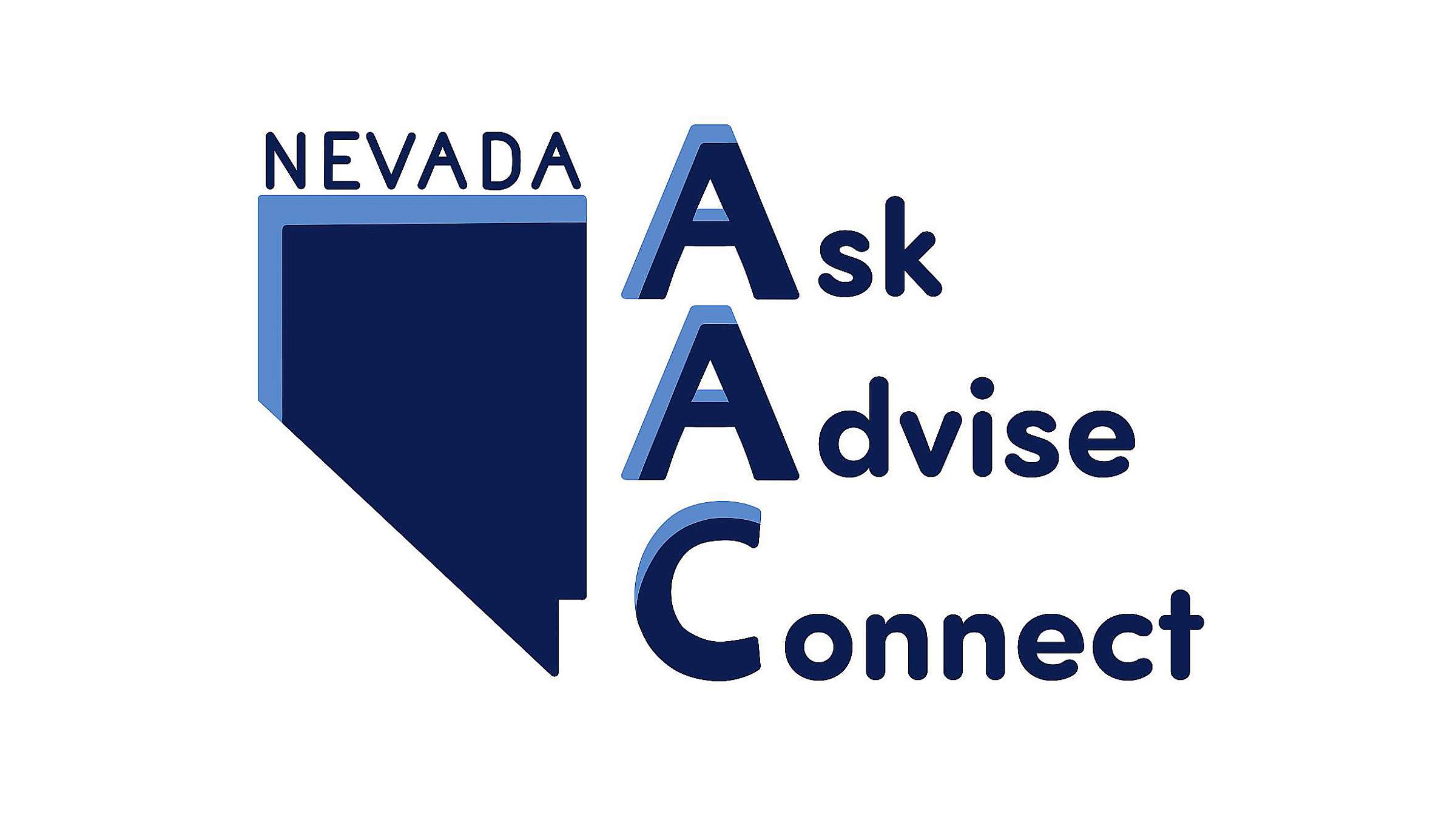
COE Nevada
Research Practice Partnership: Supporting Nevada’s Cancer Coalitions Priorities worked with key partners across Nevada to implement strategies to increase access to the Nevada Tobacco Quitline. In collaboration with the Nevada Cancer Coalition, Nevada Primary Care Association, Nevada Community Health Centers and the Nevada Department of Health and Human Services-Tobacco Cessation program, we implemented an EHR (electronic health record) system change intervention, Ask Advise Connect. This change enabled a large urban Community Health Center (CHC) to connect patients who use tobacco with the Nevada Tobacco Quitline. This project aimed to reduce tobacco use by increasing the number of CHC patients who receive evidence-based tobacco cessation treatment via the Nevada Tobacco Quitline. Additionally, we worked with community partners to disseminate Ask Advise Connect information and provided implementation guides to a more extensive network of CHCs across Nevada.
Collaborators: Nevada Cancer Coalition, Nevada Primary Care Association, Nevada Community Health Centers and the Nevada Department of Health and Human Services-Tobacco Cessation
Funded by: National Institutes of Health
Logo designed by Elijah Rigby, Academy for Math, Engineering & Science High School Class of 2023.
Research Practice Partnership: Supporting Montana's Survivorship Project
This one-year project partners with Montana’s Cancer Control Program and Primary Care Association to expand knowledge on survivorship across this rural state. The project utilizes Project ECHO to engage healthcare providers, health system staff, and community health centers in curriculum developed from evidence-based interventions and best practices on survivorship.
Collaborators: Montana Cancer Control Program, Montana Primary Care Association, Community Health Centers in Montana
